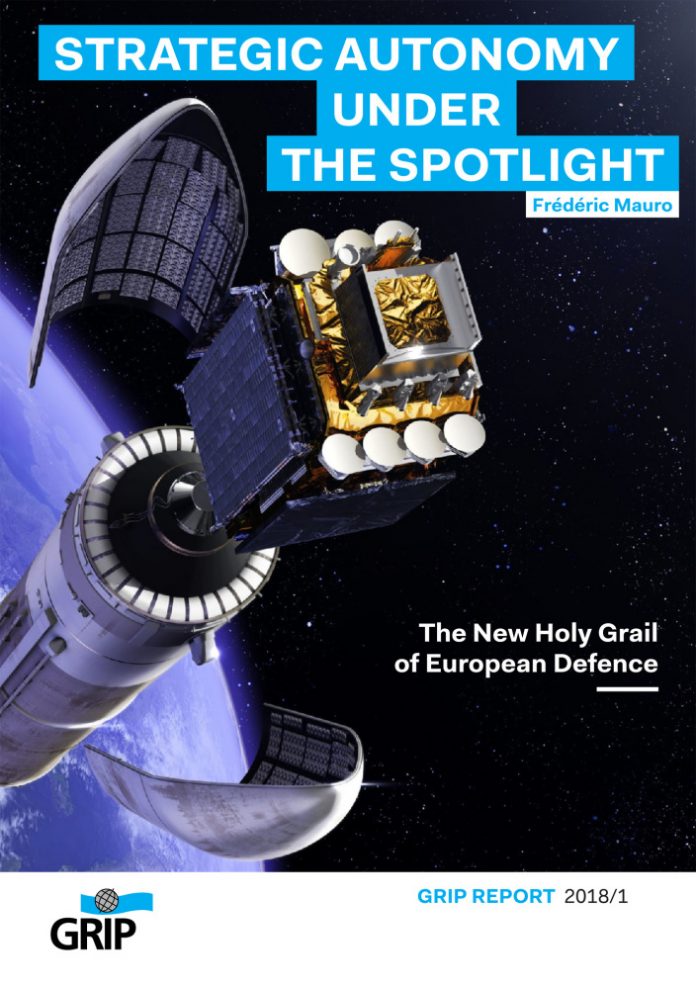Strategic autonomy is the latest fashionable concept, both in Paris and Brussels. It is mentioned no less than twenty-four times in the last French strategic review and no European strategic document, not even of little relevance, fail to cite it.
However, strategic autonomy has entered the legal field, well beyond political statements, as it is now one of the objectives assigned to the European defense industry development program. It will therefore be one of the criteria to assess defense R & D projects likely to benefit from European funds.
But what is strategic autonomy?
This report traces, for the first time, and with precision, the brief history of this recent concept which appeared at the end of the 20th century and was the subject of a permanent crossover between the French defense planners and the European leaders.
Beyond the political and doctrinal reviews, the author strives – as lawyers like to do – to propose an operative definition of the concept. It turns out that strategic autonomy is above all a legal standard, much like the principle « of due diligence » in the civil code, and it can only make sense if it is declined both in contingent and relative terms. In other words, tell me what war you want to wage and I’ll tell you how much autonomy you need.
Finally, the author insists on the « political » component of strategic autonomy, which is obvious and therefore useless to take into account at national level. On the opposite, for all those who whish to go in search of this Grail of European defense, this « political capacity » is the first and most important element to take into account.
Voir aussi la version française « Autonomie stratégique: le nouveau Graal de la défense européenne »













